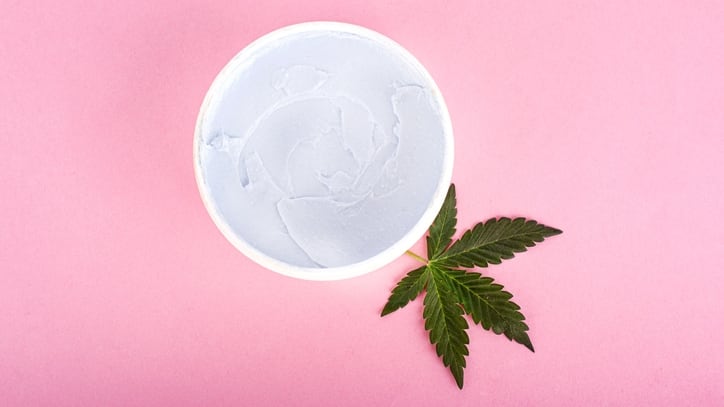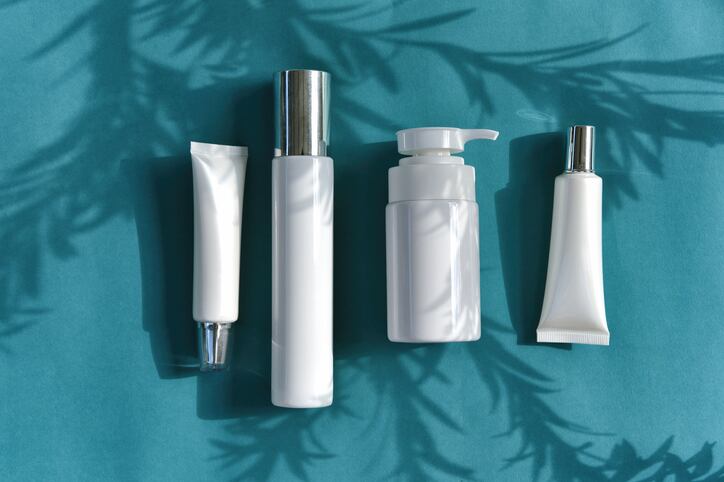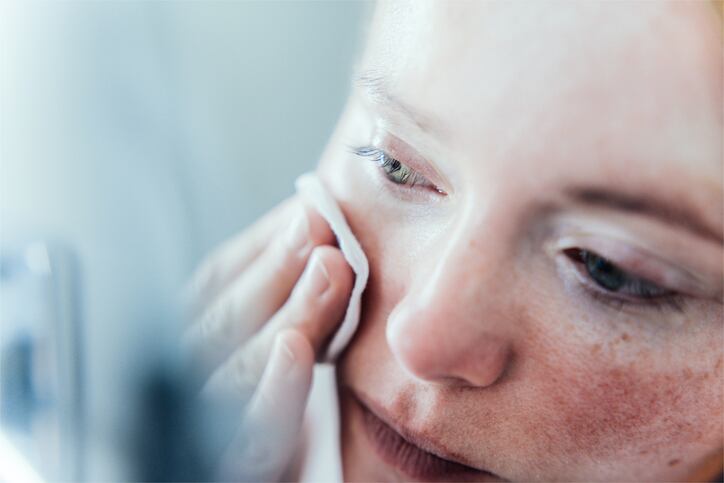The company, based out of San Francisco, has used microalgae to produce more than 70 ingredients so far.
Rob Evans, co-founder of Purissima, told CosmeticsDesign that the algae-fermentation technology is highly scalable and could be a way for the cosmetics industry to leverage the benefits of rare plants without having to harm natural habitats.
“Instead of getting some rare root from Southeast Asia, we can focus on what the compound is in that root that actually delivers the benefit, and then focus on developing a commercial process to produce it so that it can be more accessible to people around the world,” Evans said.
Algae as a fermentation building block
While a lot of biotechnology relies on a yeast platform, which does have advantages in producing some types of ingredients, Purissima looked to the history of biology on Earth for inspiration.
“Through the course of evolution plants evolved from single-cell microalgae,” Evans said. “From a molecular biology perspective, as a platform to produce traditionally plant-derived ingredients, it just made sense to start with algae.”
Evans said the company’s patented algae production technology has shown benefits in-house in producing ingredients with complex chemistry, like cannabinoids. However, he added that yeast is still the ideal platform for ingredients like ethanol, which require short-chain hydrocarbons.
Having access to multiple biotechnology platforms, especially ones that can accommodate complex chemistry, can significantly simplify the supply chain, he said. He also said their technology can produce ingredients very quickly, within a week in some cases, and appears to perform better as it is scaled up.
For some rare desirable ingredients, traditional harvesting and extraction may be very complicated and that plant may not be ideal for large-scale agricultural production. Other ingredients can be farmed at a large scale but will have variable quality and chemistry.
A scalable and reliable fermentation process eliminates that variability, Evans said.
CBC produced with microalgae
One of Purissima’s ingredient releases which Evans said has potential in the cosmetics industry is a cannabinoid called cannabichromene, also known as CBC.
Non-psychotropic cannabinoids have shown potential in several studies as an anti-inflammatory active ingredient, including in skin care applications.
Evans said Purissima’s in-house research has its CBC ingredient has topical anti-inflammatory and anti-bacterial properties, which could have skin care applications in reducing inflammation, redness and acne.
The in-house research also found the CBC ingredient may have anti-inflammatory benefits when ingested as well.
The CBC ingredient is Purissima’s first offering to the beauty and skincare space, but Evans said the company should be able to produce many other cannabinoids or many other actives extracted from plants.
“If you dream about where to get an ingredient that comes from a plant, we should be talking,” Evans said. “We believe that if it comes from a plant, there's a very good chance we can produce it using our algae cells.”
Sustainability of biotech
Like other biotech platforms, Evans said Purissima’s algae technology can help many sectors including beauty and personal care reduce their carbon footprint.
For example, before Purissima, Evans team was involved in researching the use of algae to produce alternatives to ingredients like palm oil. He said replacing naturally sourced palm oil with a biotech alternative would reduce carbon footprint by removing the need for deforestation to produce the plant agriculturally.
The same can be true for any naturally derived plant-based ingredient, especially those which require significant effort to obtain or require large-scale agriculture, he said.
“If you work this out on the back of a napkin, if you will, the advantages are really impressive,” Evans said. “Access, sustainability, economics; those are really the three key themes.”




